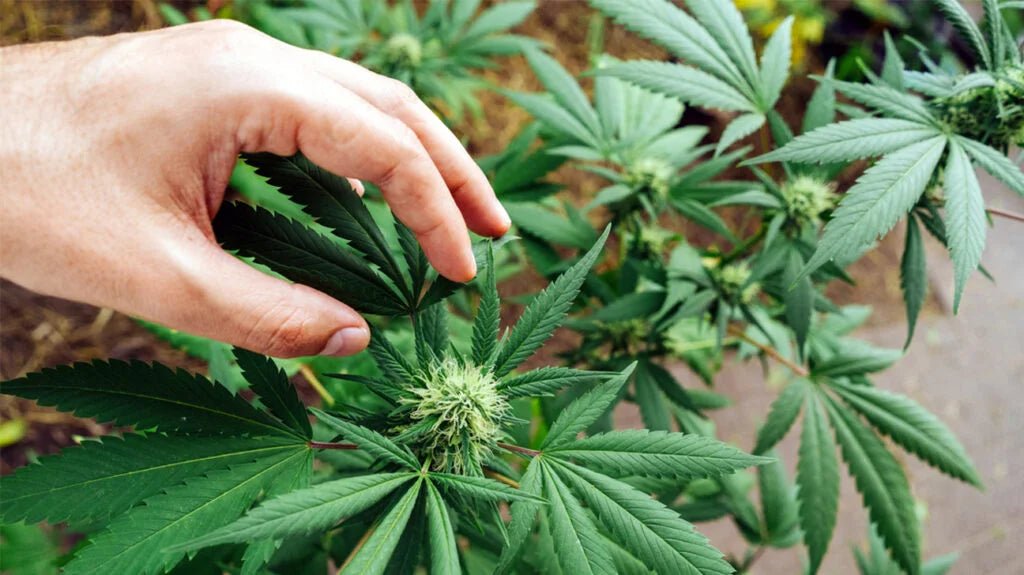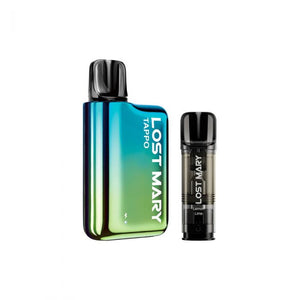Delving into the Duration of CBD's Presence in Your System: A Comprehensive Guide

Delving into the Duration of CBD's Presence in Your System: A Comprehensive Guide
Cannabidiol (CBD), a non-psychoactive compound derived from the cannabis plant, has gained widespread recognition for its potential therapeutic properties. As research continues to shed light on CBD's benefits, understanding its persistence in the human body becomes increasingly important. This blog post delves into the intricacies of CBD's pharmacokinetics, exploring the factors that influence its duration in the system and addressing common queries regarding its detection window.
Factors Affecting CBD's Duration
The length of time CBD remains in the body is influenced by a variety of factors, including:
-
Dosage: The amount of CBD consumed directly impacts its persistence in the system. Higher doses tend to linger longer than smaller doses.
-
Method of Administration: The route of CBD administration plays a significant role in its pharmacokinetics. Oral ingestion results in slower absorption and a longer elimination half-life compared to inhalation or sublingual administration.
-
Individual Metabolism: Each individual's metabolism, influenced by factors like genetics, liver function, and overall health, affects the rate at which CBD is processed and eliminated from the body.
-
Frequency of Use: Chronic CBD consumption can lead to accumulation of CBD metabolites in the body, potentially prolonging its detection window.
-
Presence of Fatty Tissues: CBD has a lipophilic nature, meaning it readily binds to fat tissues. Individuals with higher body fat may experience extended CBD retention compared to those with lower body fat percentages.
CBD's Detection Window
The detection window, the period during which CBD or its metabolites can be identified in bodily fluids, varies depending on the testing method employed.
-
Urine Tests: CBD metabolites can remain detectable in urine for up to seven days after the last dose.
-
Blood Tests: CBD levels in blood peak within 1-4 hours of administration and are typically undetectable within 24 hours.
-
Hair Tests: CBD can be detected in hair follicles for several weeks, reflecting long-term exposure.
It is important to note that these detection windows are estimates and may vary among individuals. Factors like metabolism, hydration levels, and the sensitivity of the testing method can influence the actual duration of CBD detection.
Addressing Common Concerns
- Will CBD show up on a drug test?
Standard drug tests are designed to detect THC, the psychoactive component of cannabis. CBD, being non-psychoactive, is not typically screened for in standard drug tests. However, some highly sensitive drug tests may be able to detect CBD metabolites, particularly in individuals with high CBD consumption.
- Can CBD use affect employment opportunities?
Employers have varying policies regarding CBD use. While some employers may not have specific policies on CBD, it is advisable to exercise caution and discretion when using CBD, especially if you are concerned about potential repercussions in the workplace.
Conclusion
CBD's duration in the body is influenced by a combination of factors, including dosage, administration method, individual metabolism, frequency of use, and the presence of fatty tissues. The detection window for CBD varies depending on the testing method, with urine tests having the longest detection window of up to seven days. While CBD is generally considered safe and non-psychoactive, it is important to consult with a healthcare provider before using CBD, especially if you are taking medications or have any underlying health conditions. Understanding CBD's pharmacokinetics and detection window can help individuals make informed decisions about its use and address potential concerns.
-
Posted in
cbd






